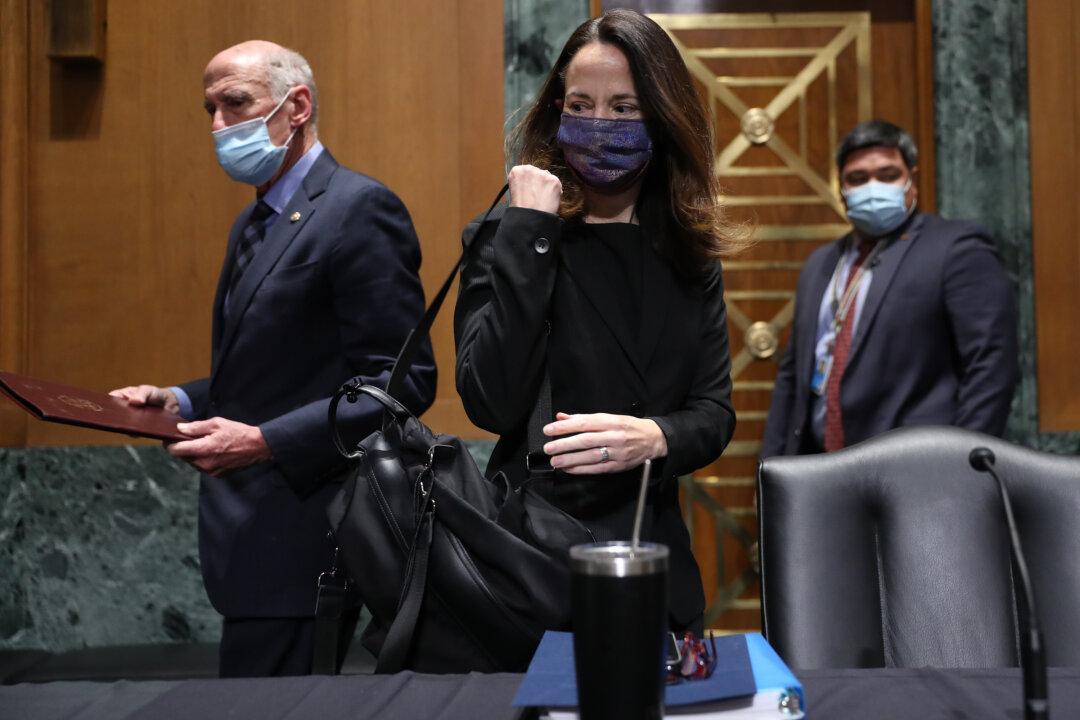The Senate on Jan. 20 confirmed President Joe Biden’s nominee to serve as the head of the U.S. Intelligence Community, the first of the president’s Cabinet picks to be approved.
Avril Haines, who was nominated as the director of National Intelligence, was confirmed by an 84–10 vote. Democrats were hopeful that they would be able to get more Biden nominees confirmed on Jan. 20 but it appears that Haines will be the only official to receive the confirmation from the upper chamber on the administration’s first day.




